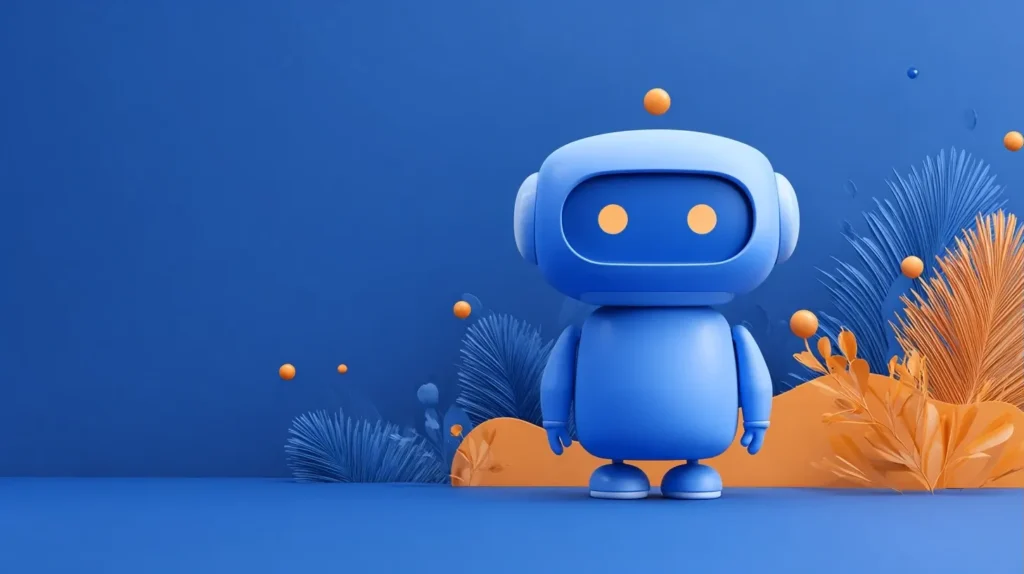The world of human resources (HR) is undergoing a monumental transformation. As the demands on organizations increase, the integration of artificial intelligence (AI) into Human Resource processes has gained paramount importance. AI is not merely a buzzword; it is a powerful tool that redefines HR strategies, shapes leadership roles, and enhances overall employee engagement and satisfaction. Understanding how AI reshapes these dynamics can help organizations adapt and thrive in a competitive landscape.
AI: A Game Changer in HR
AI’s role in HR spans various functionalities, from recruitment and onboarding to performance monitoring and employee satisfaction analysis. By automating mundane tasks and harnessing data analytics, AI enables Human Resource professionals to focus on strategic initiatives rather than administrative burdens. For instance, AI algorithms can analyze resumes faster than human recruiters, identifying the best candidates based on specific criteria. This not only speeds up the hiring process but also enables a more objective selection, contributing to a diverse workforce.
The Impact
As organizations integrate AI tools, traditional HR leadership roles are evolving. HR leaders must now embrace technology, ensuring that AI aligns with organizational objectives. For example, Prerna Ajmera from Microsoft emphasizes the importance of using AI to enhance employee engagement. By leveraging AI-driven insights, leaders can better understand their teams’ needs, tailor experiences, and foster a culture of continuous improvement. This shift towards data-driven decision-making is crucial for retaining top talent and enhancing overall organizational performance.
Key Challenges
While the integration of AI in Human Resource presents exciting opportunities, it also brings challenges that organizations must overcome:
- Resistance to Change: Many employees may resist AI technologies, fearing job displacement. Effective communication about the benefits and the role of AI as a supportive tool is essential.
- Data Privacy Concerns: With the rise of employee self-service portals, organizations must prioritize data protection to build trust and ensure compliance with regulations.
- Skills Gap: HR professionals need to be equipped with skills to interpret and utilize AI-generated insights effectively. Continuous learning and training programs are vital.
Enhancing Employee Engagement and Satisfaction
AI tools can significantly enhance employee engagement and satisfaction. By utilizing platforms that analyze employee feedback, organizations can glean invaluable insights into team dynamics and morale. For example, AI-driven sentiment analysis can track employee sentiments through surveys or feedback forms, flagging potential issues before they escalate. This proactive approach not only mitigates risks but also fosters a culture where employees feel heard and valued.
Real-World Examples
Several organizations are successfully leveraging AI in their HR processes:
- Unilever: The global consumer goods company employs AI-driven assessments during recruitment to evaluate potential candidates based on their responses and engagement level.
- IBM: IBM’s AI-powered tools monitor employee performance, offering personalized development plans that align with organizational goals.
- Microsoft: As previously mentioned, Microsoft’s use of AI enhances talent management and employee experience, showcasing a commitment to leveraging technology for people-centric outcomes.
Best Practices
To harness the full potential of AI in Human Resource, organizations should consider the following best practices:
- Define Clear Objectives: Identify what you aim to achieve with AI integration, whether it’s streamlining recruitment or improving employee engagement.
- Choose the Right Tools: Select AI tools that align with your organizational needs and culture. Consider user-friendly platforms that encourage employee adoption.
- Promote Training and Development: Equip your HR team with training on AI tools, ensuring they understand how to leverage insights for strategic decision-making.
- Ensure Ethical Considerations: Prioritize transparency in AI applications, especially regarding data usage. This fosters trust among employees.
Future Trends in AI and HR
Looking ahead, the role of AI in Human Resource is expected to continue growing. Key trends to watch include:
- Hyper-Personalization: AI will enable organizations to create highly personalized employee experiences, tailoring HR services to individual needs.
- Predictive Analytics: HR will increasingly leverage predictive analytics to forecast turnover and employee performance, allowing proactive interventions.
- Augmented Workforces: Combining human and AI capabilities will create augmented workforces that enhance productivity and efficiency.
Conclusion: Embracing AI in HR
The integration of AI into HR processes offers myriad benefits, but successful implementation requires thoughtful consideration of challenges and opportunities. By transforming HR leadership roles and improving employee engagement, organizations can set themselves apart in a crowded marketplace. AI is not just a technological advancement; it is a critical component of a modern HR strategy that drives organizational success.





